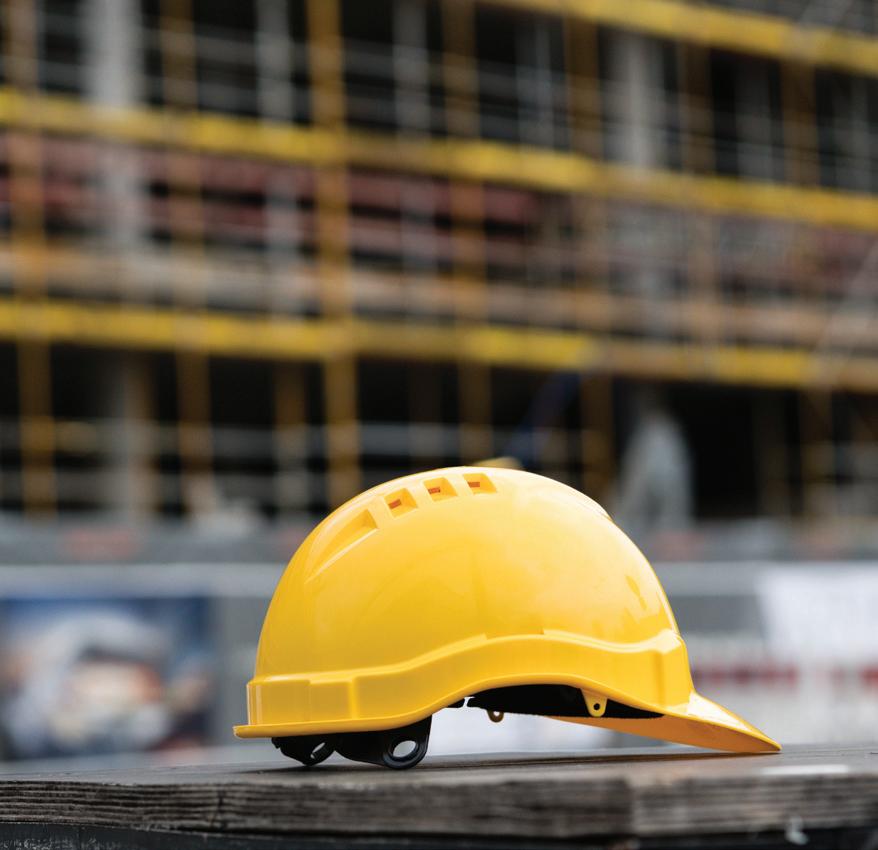
6 minute read
In the news
NSW ADOPTS WHS REGULATIONS TO ADDRESS PSYCHOSOCIAL HAZARDS AT WORK
New South Wales will be among the first jurisdictions in Australia to implement recent changes to the national model WHS regulations, which recognise psychosocial hazards in the workplace and require businesses to implement control measures to manage risks. Natasha Mann, Head of SafeWork NSW, said businesses are already implementing the NSW Code of Practice: Managing psychosocial hazards at work, with new laws which provide workplaces with clarity on their obligations and specifying control measures they could use.
Mann said that the new regulations require businesses to, as far as reasonably practicable, eliminate psychosocial risks and advise what should be considered when implementing appropriate control measures.
“Psychosocial risks and hazards can cause a stress response leading to psychological or physical harm. They can stem from the work itself in the way it is designed and managed, from hazardous working environments, equipment use and social factors in the workplace,” Mann said.
The changes will also complement the establishment of SafeWork NSW’s Respect@Work Taskforce, the NSW Government’s $9.7 million response to the Respect@Work Report on Sexual Harassment in the Workplace. After a number of incidents, the model regulations will also provide improved record keeping and operator training for amusement devices and passenger ropeways.
“At the Sydney Easter Show this year we saw what can happen quickly on amusement rides. By putting in place greater requirements for training and more robust reporting we will see operators required to lift industry standards,” Mann said.
The Work Health and Safety Amendment Regulation 2022 makes several amendments to the Work Health and Safety Regulation 2017.
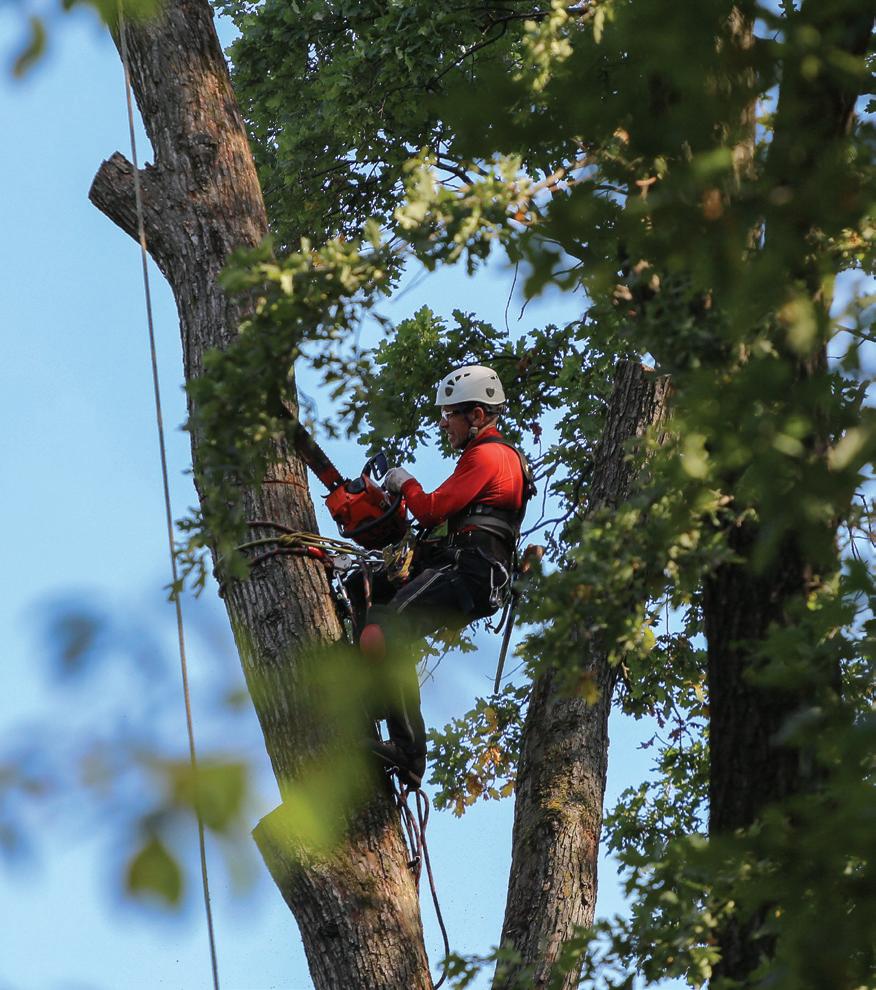
INSPECTORS LAUNCH CAMPAIGN TO PROMOTE SAFETY IN TREE WORK SECTOR
SafeWork NSW inspectors have commenced visits to businesses in the tree work industry across NSW to improve safety and compliance in the sector. SafeWork Executive Director of Compliance & Dispute Resolution Matthew Press said the campaign aims to raise awareness for the industry, as it continues to record too many serious accidents.
Press said that there have been over 270 incidents in the industry since March 2018; during that time, workplace compensation payments have cost the NSW workers compensation system over $49.5 million, with a considerable amount of potential under-insurance identified in the sector. As part of the campaign, inspectors will be visiting businesses that undertake arborist activities such as tree mulching, lopping and removal, and will focus on the highest incident areas — falls from heights, being struck by falling objects, and safe use of wood chippers.
Inspectors will also be verifying that all workers undertaking traffic control work on or adjacent to public roads hold a Traffic Control Work Training card, and will educate operators on traffic control training requirements.
“Referrals will be made to the NSW State Insurance Regulatory Authority if non-insurance or under-insurance is suspected during the visits, with fines of up to $3600 for undertaking work without a necessary licence or authorisation. Planning is key when conducting tree work. Whether you are a business owner or worker, everyone has a responsibility to ensure workplaces are as safe as possible,” Press said.
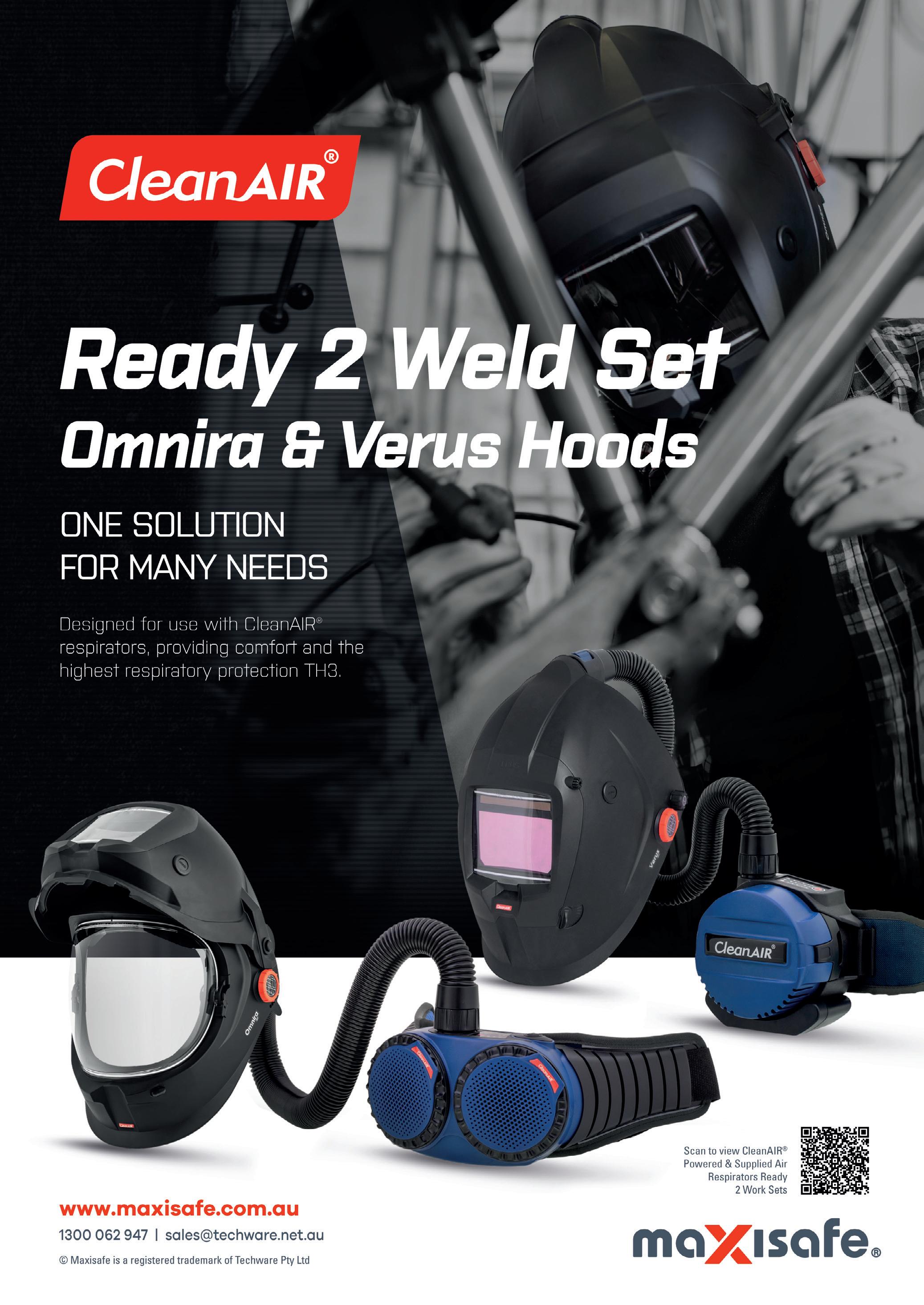
IN THE NEWS
QLD HALVES WORKPLACE EXPOSURE LIMITS FOR COAL DUST
The workplace exposure standard for respirable coal dust has been halved in Queensland, revised from a time-weighted average of three milligrams per cubic metre (mg/m3) down to 1.5 mg/m3 . Respirable coal dust can be generated and made airborne during a number of work processes using coal, such as coal combustion processes, shutdown maintenance activities, housekeeping and cleaning of workplaces where coal is used, and the handling and transport of coal and coal fly ash.
Businesses that work with coal need to review existing dust controls and procedures to ensure that they meet the new standard and keep workers safe, particularly any businesses that use coal-fired boilers (such as coal-fired power stations and refineries). Businesses must also continue to meet existing requirements for air and health monitoring, as well as providing appropriate training and respiratory protective equipment.
Workers must take reasonable care for their own health and safety and comply with any reasonable policy or procedure from the business for keeping them safe from coal dust exposure at work. Workers must also wear any appropriate personal protective equipment provided by the business, so far as they are reasonably able to, in accordance with training, information and reasonable instruction.
WorkSafe Queensland has established the Managing respirable dust hazards in coal fired power stations code of practice 2018 to provide clear, enforceable standards for industry. WorkSafe is also investing $5 million in medical research that improves the health and wellbeing of Queensland workers with occupational dust lung diseases like coal workers’ pneumoconiosis and silicosis.
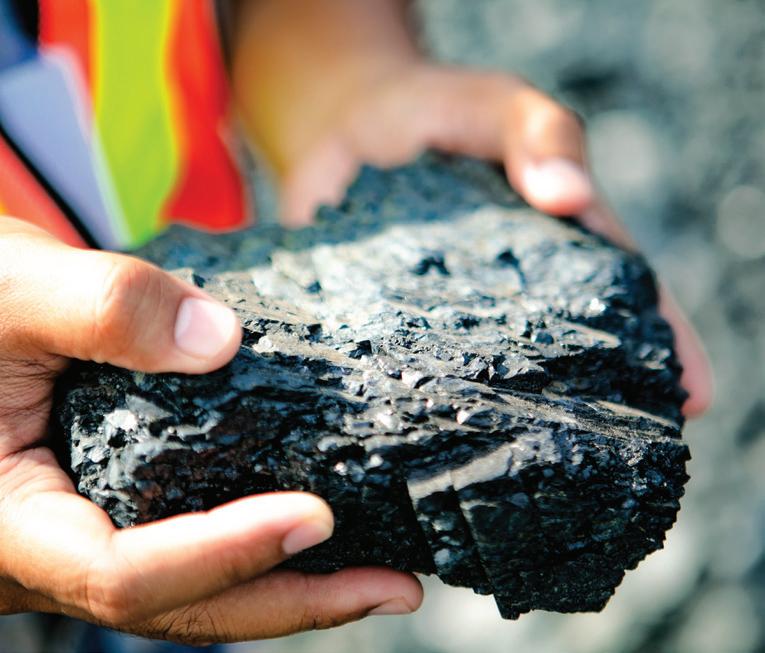
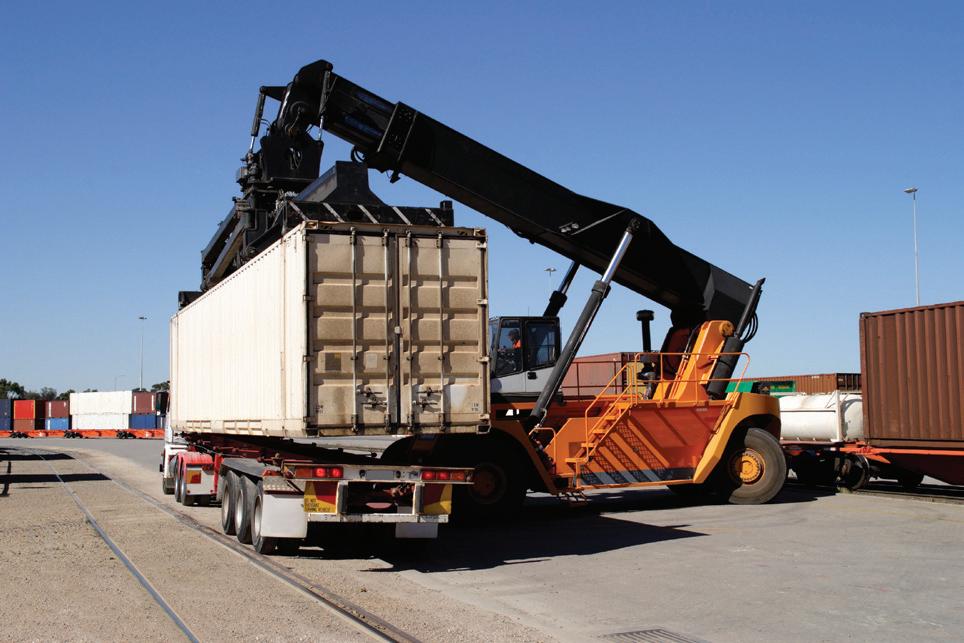
VIC FREIGHT COMPANY FINED $35,000 AFTER TRUCK FATALITY
Freight company Tarantino Investments Pty Ltd has pleaded guilty to a single charge of failing to ensure that plant being used for a purpose for which it was supplied was safe and without risks to health, following the death of a garbage truck driver at Epping. The company was fined $35,000 without conviction and ordered to pay $7500 in costs.
In December 2019, a subcontracted truck driver was supplied with a side loading trailer to transport a full shipping container from the company’s Brooklyn depot to a business in Epping. After unloading the container, the driver noticed that one of the stabilising legs on the trailer’s crane did not fully retract using the remote control and used manual levels to retract it. The driver then moved the truck to load an empty shipping container before driving back onto the road without realising that the rear stabilising leg had not fully retracted and was sitting parallel with the ground. A short time later the protruding stabiliser leg collided with the cabin of a garbage truck travelling in the opposite direction, killing the garbage truck’s driver instantly.
An investigation found that the wiring of the side loading trailer was in a poor state of repair, having suffered some previous structural damage, and the remote control had been repaired with duct tape and cable ties. It was reasonably practicable for the company to have implemented a regular maintenance regime of the electrical and mechanical componentry of the trailer by a suitably qualified person; ensured that the control box and electrical componentry were in reasonable working condition; or replaced the control box and electrical componentry when regular maintenance issues arose.
Duty holders using plant fitted with a stabilising arm or outriggers are advised to ensure that warning or indicating systems are fitted to alert or remind the driver that the outriggers or stabilising arms are deployed. Mechanical or hydraulic locks must also be fitted to prevent extension of the outriggers or stabilisers during transit, with manual (non-powered) stabilisers or outriggers incorporating a secondary latching or locking mechanism to reduce the likelihood of the outrigger or stabilising arm extending during transit.
Duty holders must also ensure that drivers are trained in the use of plant, including how to secure/stow the plant for transport. The plant must be used in line with the manufacturer’s instructions. All plant, including warning and indicating systems, must also be regularly inspected and maintained to ensure it is operating as intended. Duty holders are also advised to control fatigue risks and ensure drivers are fit for work.
WorkSafe Director of Health and Safety Narelle Beer said there was no excuse for failing to maintain vehicles being used for work. “This company’s failure put other road users in extreme danger. Tragically, we have already seen 12 workers killed in vehicle accidents this year and WorkSafe will not hesitate to take strong action against duty holders refusing to control the known risks,” said Beer.








